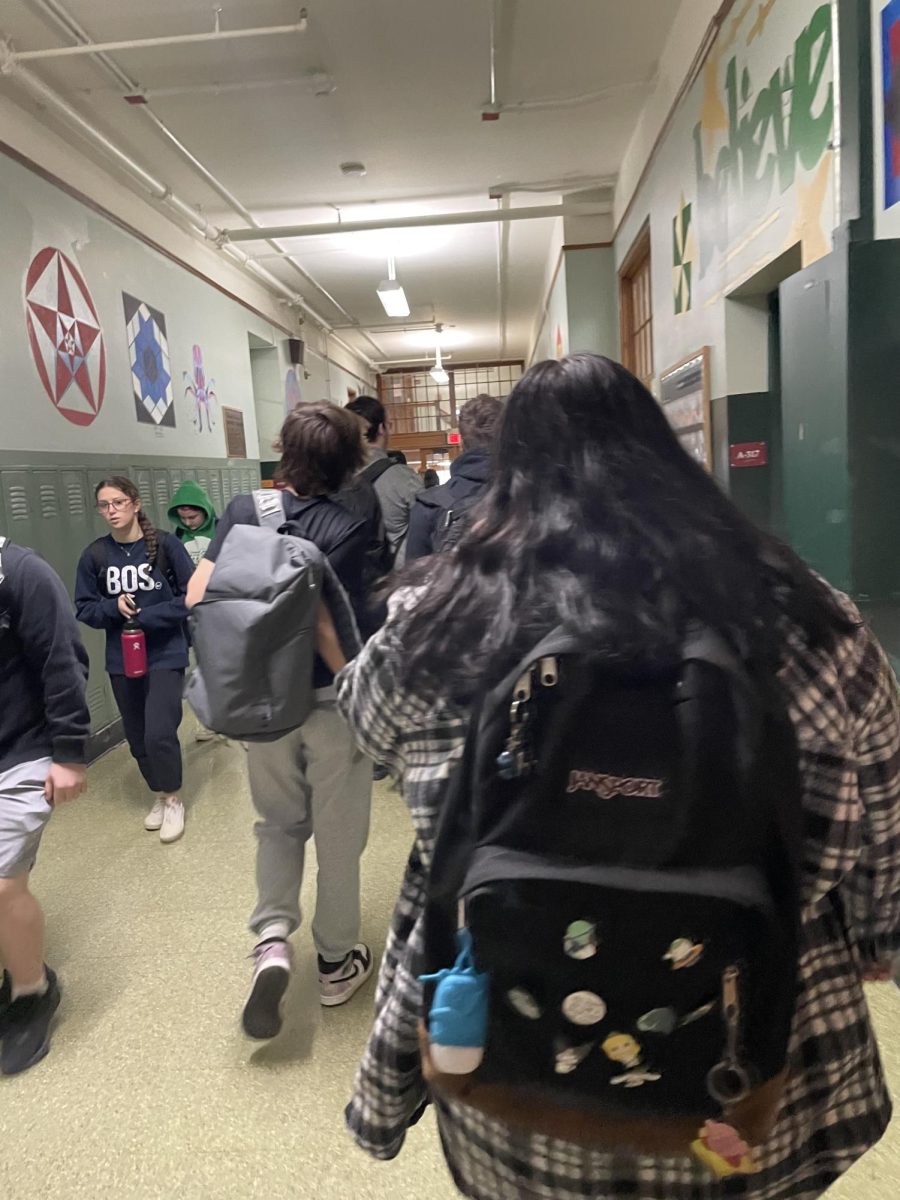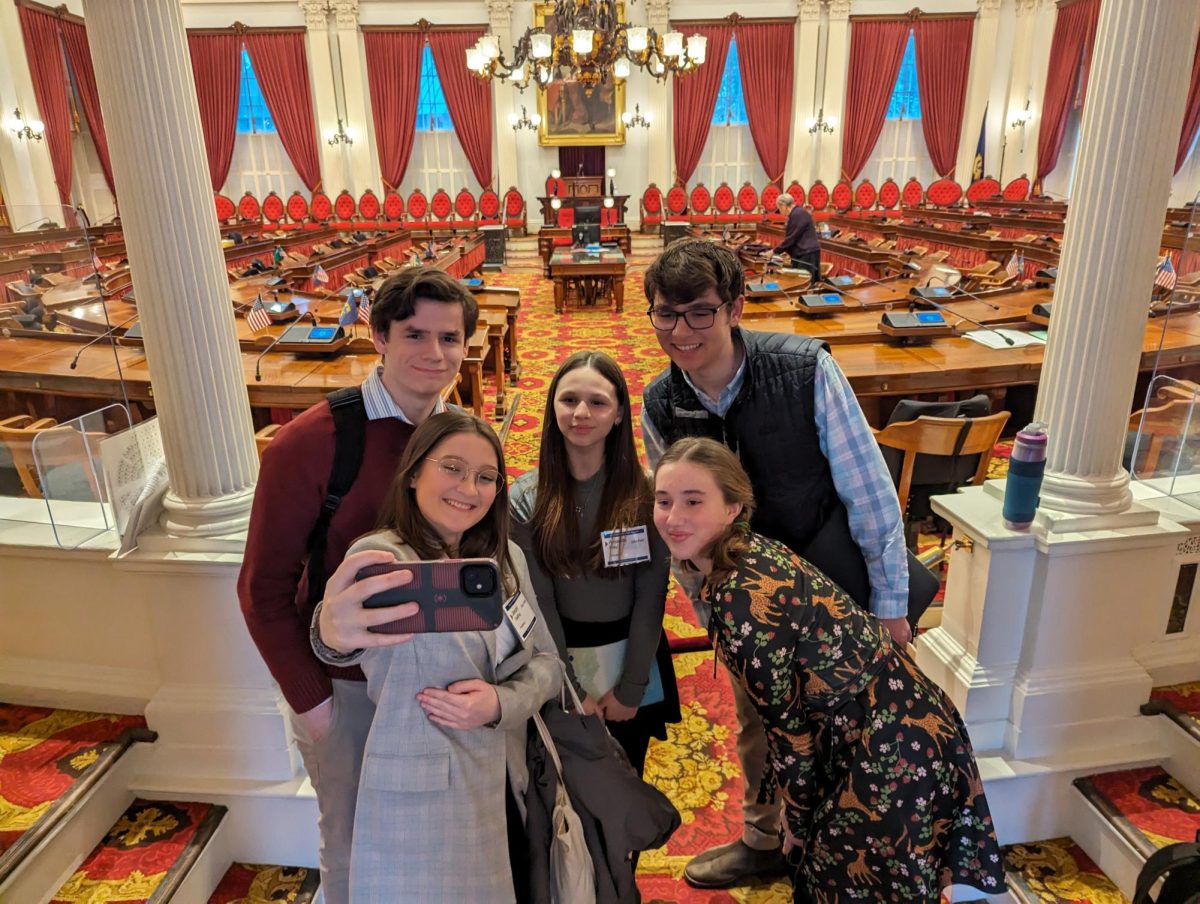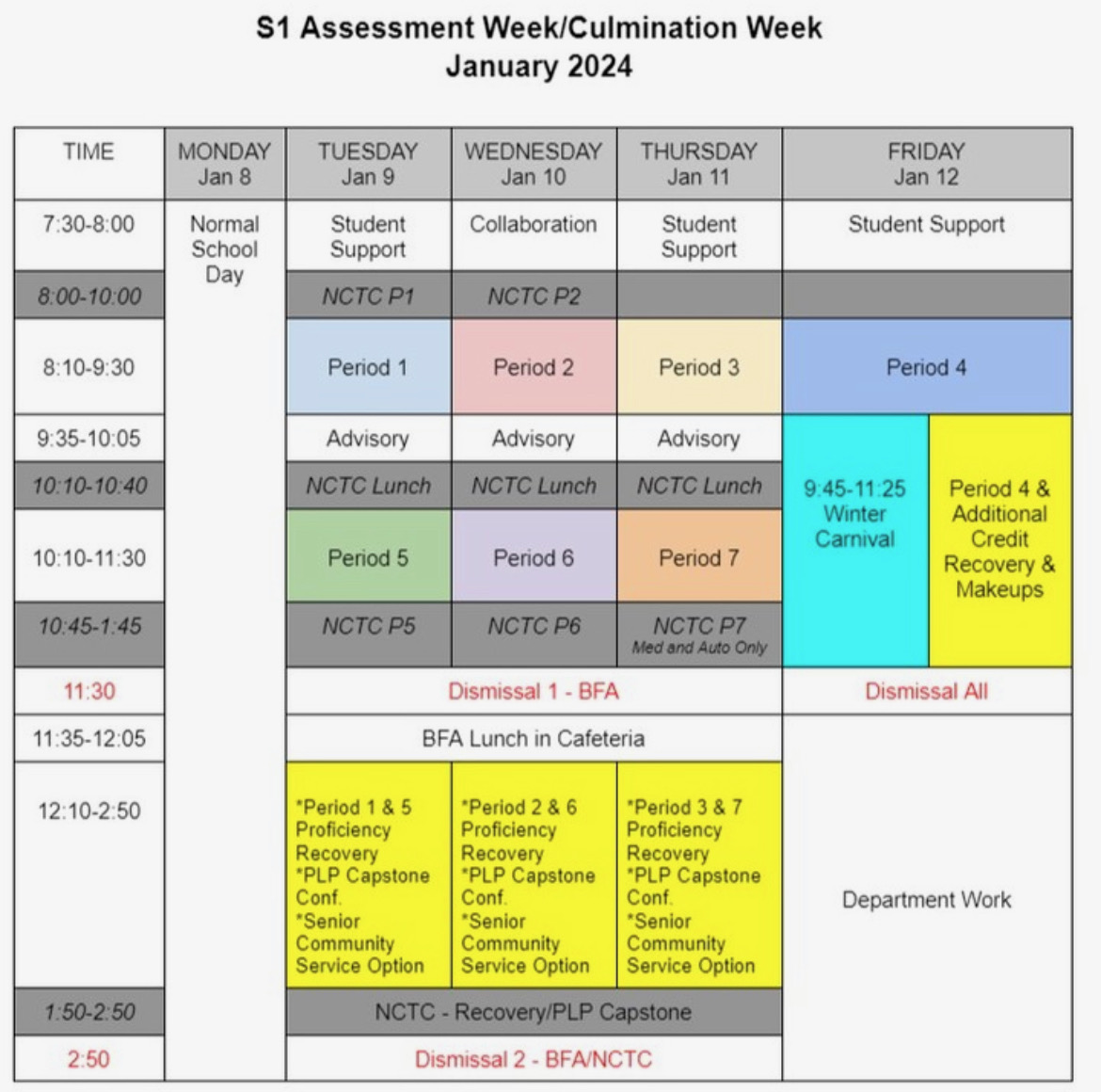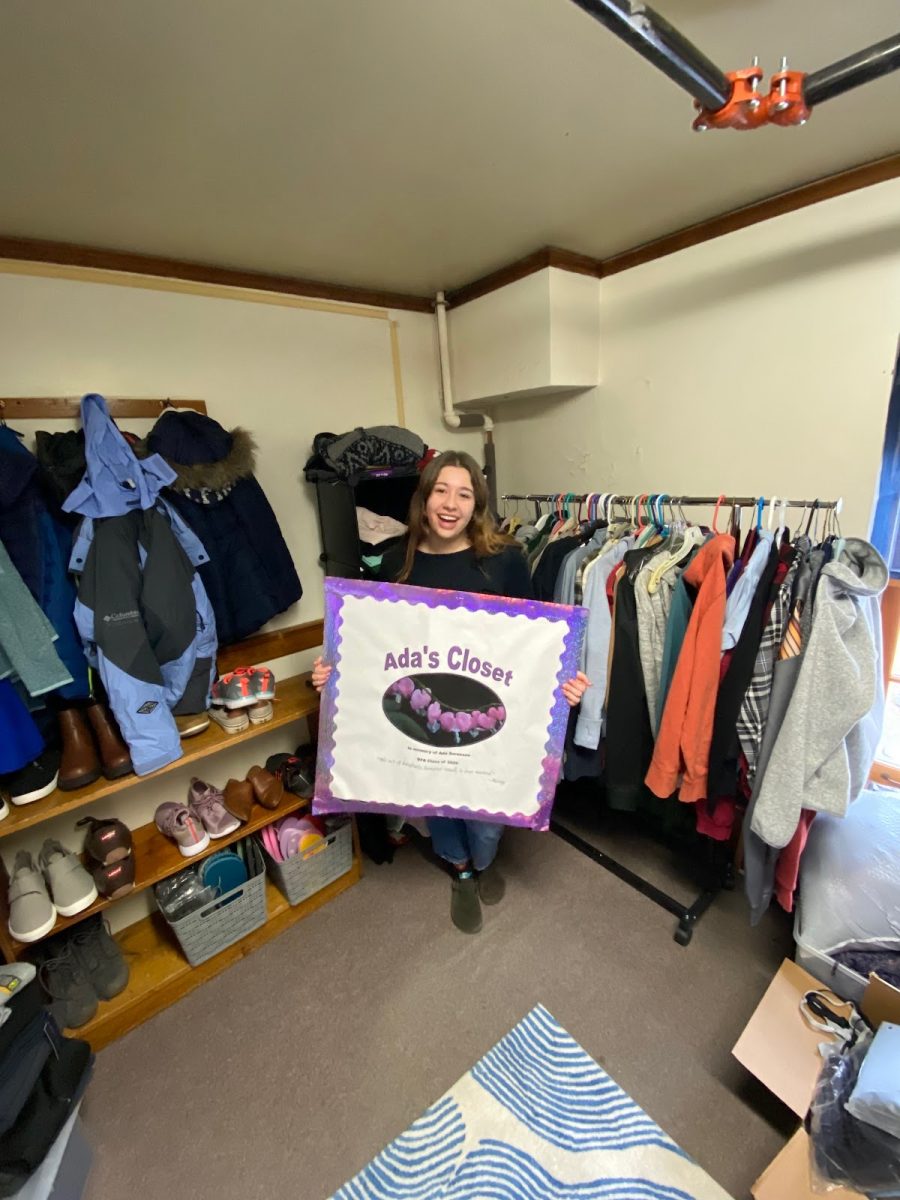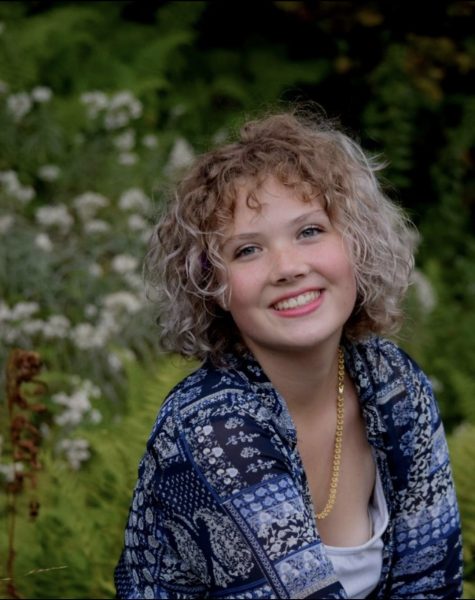The current attendance policy is as follows and can be found in the Student-Parent Handbook on pages 17 and 18. The first four times a student is late to school parents with the PowerSchool app receive a notification. The fifth time a student is tardy to school they are assigned an afterschool detention.
The first time a student is tardy to a class they receive a warning from the teacher. The second time a student is tardy to class the teacher communicates with a parent or guardian. The third and fourth times a student is tardy to class results in possible callbacks from 7:30 to 8:00 at the teacher’s discretion. The fifth time a student is tardy to class could potentially result in afterschool detention, callback, in-school suspension, or parent meeting, on a situational basis.
Class cuts, found on page 23 of the handbook, including enrichment and advisory cuts, result in parent and guardian conferences, the creation of a plan, and a meeting held with a teacher and student. It could also potentially result in after-school detention, lunch detention, enrichment detention, or in-school suspension.
Concerning these policies and the recent increase in detentions, the Mercury had the opportunity to sit down to talk with Jonathan Bratko, Assistant Principal.
When asked about the importance of attendance Bratko said, “There [are] things in life you can do that…will contribute to your success. Being on time, showing up to where you’re supposed to be assigned…that’s the number one thing: Can you show up on time and be where you’re supposed to be?”
Bratko also spoke about the importance attendance has to safety.
“Being in class is also a safety thing if you’re just wandering around the building or you’ve left the building and…get hurt,” He said. “We may not know where you are.” Without the knowledge of the student’s location or status, the school staff cannot help if an injury occurs.
Some of the attendance policy is state required like the section on truancy that can be found on page 20 of the Student Parent Handbook. Bratko says that “there are certain state rules” that dictate what happens.
Bratko says that monitoring, “class cuts is…not necessarily mandated by the states…but its best practice in education is to make sure that you monitor [these trends].” Ultimately the school is “trying to help kids who are cutting classes because cutting class is not always just ‘I don’t want to go to class’…it could be any sort of reason…it’s about finding those reasons out, and trying to help students figure those reasons out so they can be successful”.
The Mercury asked Bratko if the increase in detentions has improved the attendance this year. Unfortunately Bratko “do[esn’t] know right now,” but he was able to tell the process of collecting that data. He said, “we monitor the data. So we let it run for a couple weeks …and then we revisit it and say does this have any effect? Some of it does because we do find out” certain situational tardies, his example was concerning rides to school.
After they learn this, they look to see if “detention [is] helping because we know that…there are plenty of students here who want nothing to do with detentions, or a consequence, or even coming into my office. There are students that will respond to that. There are [also] students that won’t.”
Then the question becomes, “How do we support all students in making sure [they]’re getting to class, that [they]’re learning, that [they]’re part of the community? Detentions are the first step in that, and we know that it doesn’t work for every single student. It’s about that looking at the data, and seeing if it’s having an effect. If it is, how can we boost that without just more consequences? If it’s not working then we have to ask ourselves as staff, teachers, and educators: what’s the next step? If giving people detention isn’t deterring them from being late or cutting class then we have to ask more questions. We have to look at it closer and figure it out and that may involve talking to students, talking to families, [or] talking to experts in that field.”
The Bellows Free Academy attendance policy overall is structured to support students and their pursuit of education. This can result in meetings with teachers, parents, or afterschool detentions, but it is all in place to support students in their learning and development within the community.

